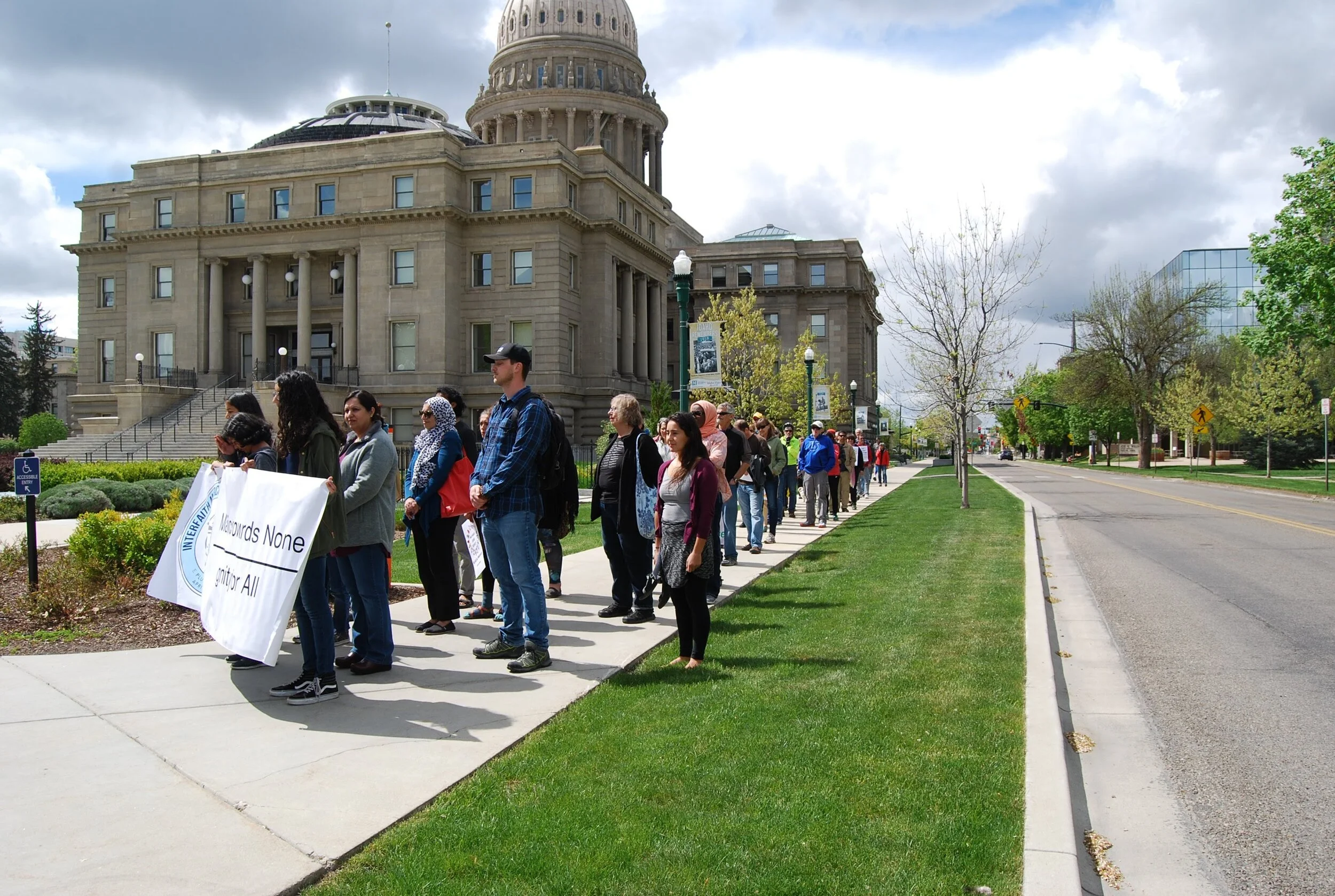Religious Freedom Part Five: The Best Weapon Against Terrorism
by Rick Love
The U.S. is continuing its bombing campaign against the Islamic State of Iraq and Syria (ISIS). Secretary of State John Kerry has asked Congress for ground troops. It looks like we will soon see bombs in the air and boots on the ground once again.
But below the radar screen of most people, President Obama has appointed and Congress has confirmed Rabbi David Saperstein as the new Ambassador-At-Large For International Religious Freedom.
I had the privilege of meeting Rabbi Saperstein recently in DC. He impressed me with his incisive questions and strategic focus. He has the potential to bring about significant change in the area of religious freedom.
This diplomatic move could make a huge long-term difference in the war on terror. Why do I say this? Because the best long-term weapon against terrorism is religious freedom.
In the Middle East, dictators often defend their repressive regimes on the grounds that it is necessary to keep religious extremism under control. But this doesn’t work. Instead, restrictions on religion actually generate religious terrorism by radicalizing religious actors and increasing the support of extremists. When religious groups find themselves ostracized through laws or violent suppression, they are more likely to pursue their aims through violence.
Research confirms what we know intuitively. Where there is less religious freedom, there is more political instability, conflict, and violent extremism. Wherever religious freedom is denied, the seeds of extremism are planted (see The Price of Freedom Denied by Grim & Finke).
President Obama made the same point during the 2014 National Prayer Breakfast in Washington DC:
"History shows that nations that uphold the rights of their people, including the freedom of religion, are ultimately more just and more peaceful and more successful. Nations that do not uphold these rights sow the bitter seeds of instability and violence and extremism. So freedom of religion matters to our national security… promoting religious freedom is a key objective of U.S. foreign policy."
People love freedom of religion as long as you are talking about their religion. They want freedom of religion “for me but not for thee.” Yet a commitment to religious freedom is not a cover for promoting or privileging any one religion.
Christians speak out against persecution of Christians, but few also speak out against the persecution of other faiths. Muslims speak out against Islamophobia, but few also speak out against persecution of Christians in Muslim countries. This focus on one’s own faith community alone lacks ethical consistency and integrity.
Religious freedom is about justice. It is about obeying the golden rule and treating others as you want to be treated (Matthew 7:12). Thus, we need a "peace jihad” that defends the rights of one’s own community as well as the rights of all communities!
One of the best weapons against terrorism is religious freedom. So let’s pray for Rabbi Saperstein and do everything we can to promote religious freedom for all.
And as we finish up 2014, would you consider giving a gift to our Waging Peace Fund as we work to promote religious freedom in the U.S. and abroad?










